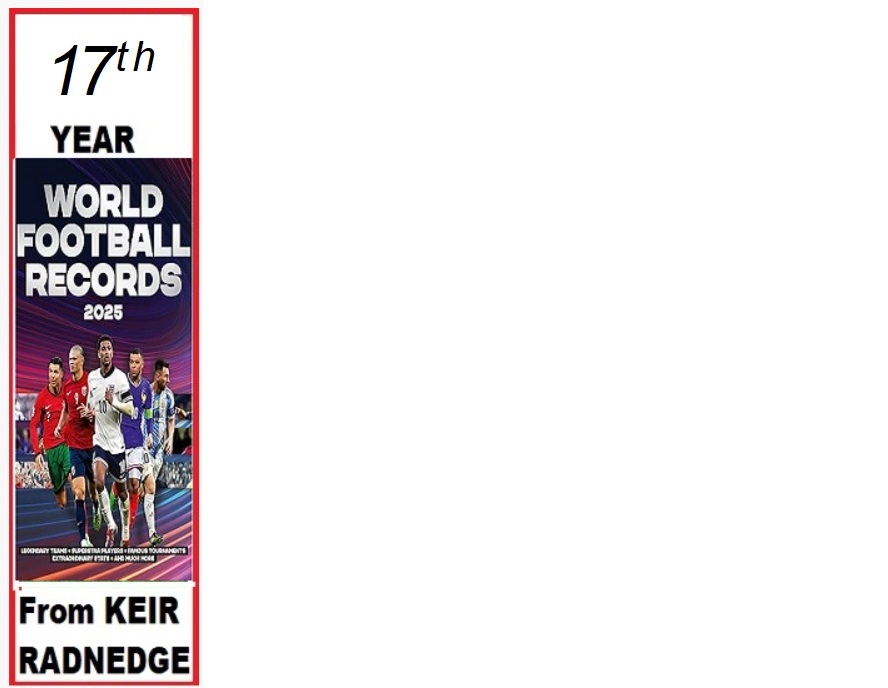Argentina waits on Macri government to follow up after tough talk on Barras Bravas
ERIC WEIL in BUENOS AIRES: Argentina’s new government is talking tough on hooligans but talk is easy and, so far, nothing has changed.
For example hooligans of Talleres, from Remedios de Escalada, were stopped by police from entering the stadium without tickets in accordance with a provincial order barring ticketless fans.
Fighting started and the police, using only rubber bullets, came off worst and had a squad car burned. Some 13 hooligans were detained and not freed until the following day as usual.
The incident has not been repeated at other stadiums because, reportedly, known hooligans continued to enter matches without tickets.
Juan Lugones, the new head of the Aprevede (Agency to prevent violence in sports) in the Buenos Aires Province, the entity in charge of stopping hooligans, talks the talk but has not followed his words with much effective action.
He has warned there will be more battles until the war is won.
Prosecution
Lugones asked clubs not to give tickets to hooligans, nor make them members as has been done in several cases. The clubs, however, continue to do this and their security officials assist more with the hooligans than other members.
One can assume only that they act out of fear or, perhaps, with other sinister reasons of their own.
At least new President Mauricio Macri’s government has talked of being anti-hooligans unlike that of departed President Cristina Kirchner who called the Barras Bravas a ‘tradition of Argentinian football.”
River Plate’s former president, Daniel Passarella, refused to speak in court about the illicit resale of tickets although other committee members blamed him for authorising the sale and also using membership cards of members who had died, been playing other sports at the same time as matches or who lived in the provinces and never attended.
The judge said he will prosecute Passarella and other club officials.
Four years after the trial of hooligans involved in the murder of Acro, another gang member, several hooligans went to jail but the leaders, the notorious Schlenker brothers, remained free despite being given life sentences. All are still waiting for whether the sentences will be confirmed.
Boca Juniors – where Macri was once club president before using the platform to progress his political career – have not escaped scrutiny.
Judge Manuel De Campos investigated the link between the club’s hooligans with the committee, the distribution of membership cards and tickets to hooligans and the unsupervised opening of some entry doors so that the hooligans could enter the stadium without tickets.
After De Campos had collated evidence condemning the club committee, he was removed from the case – possibly under the influence of club president Daniel Angelici.
Now Lilita Carrió, a powerful voice in new President Maurico Macri’s party, has denounced Angelici for the same ‘crimes’ and the forming of an illicit association with the hooligans.
#########



